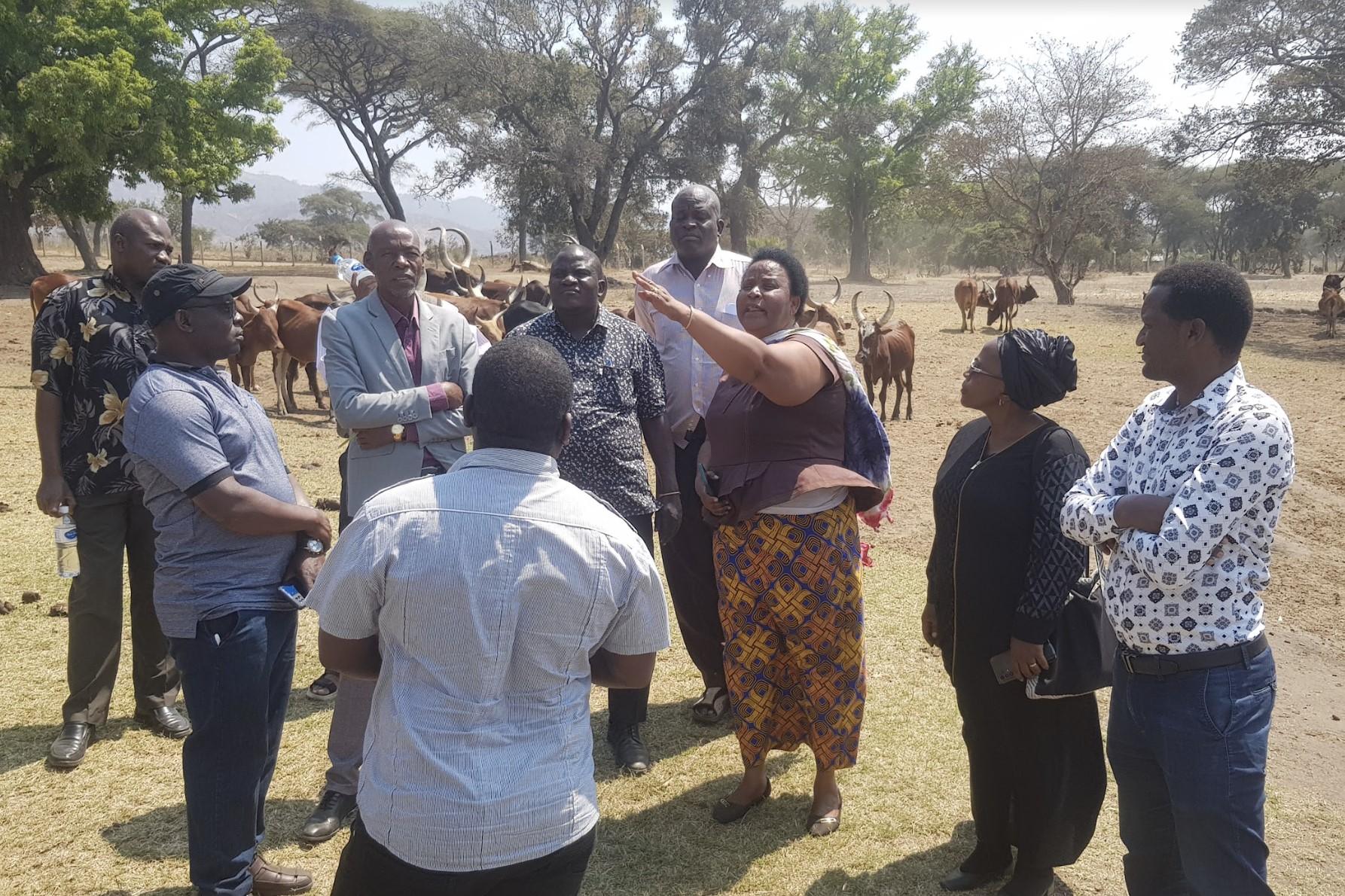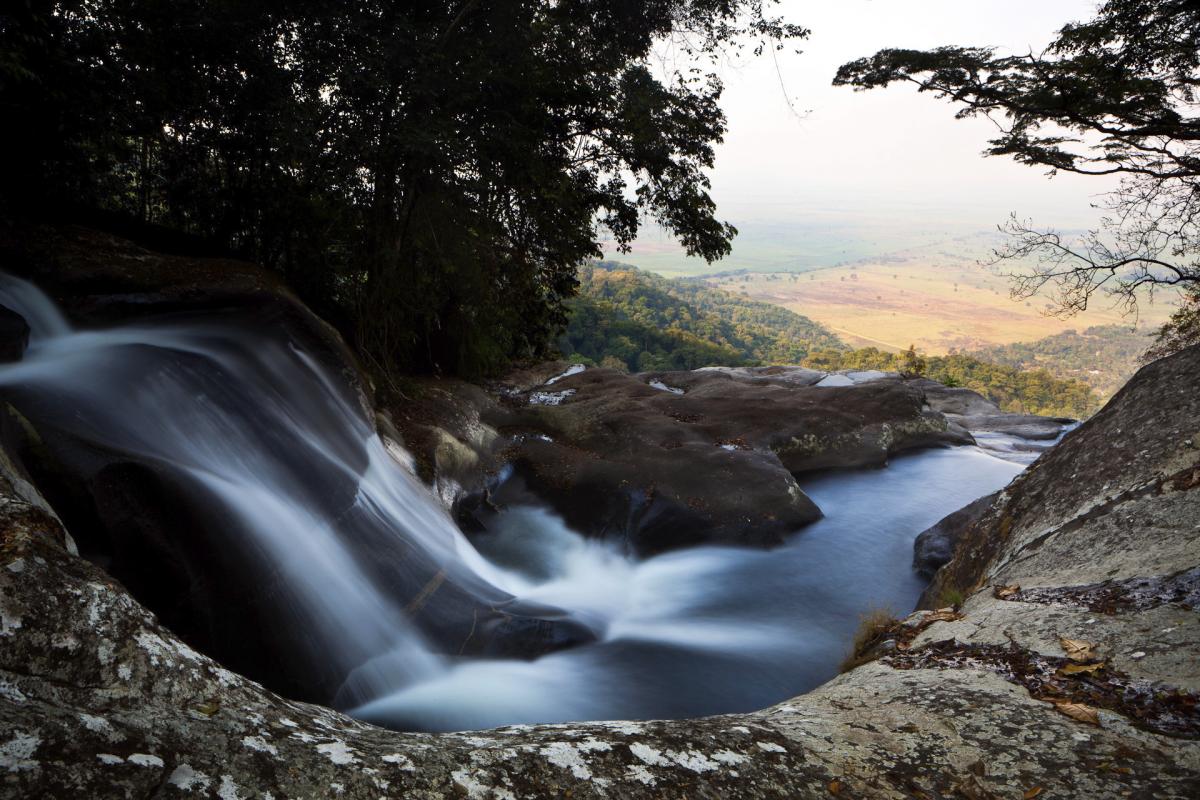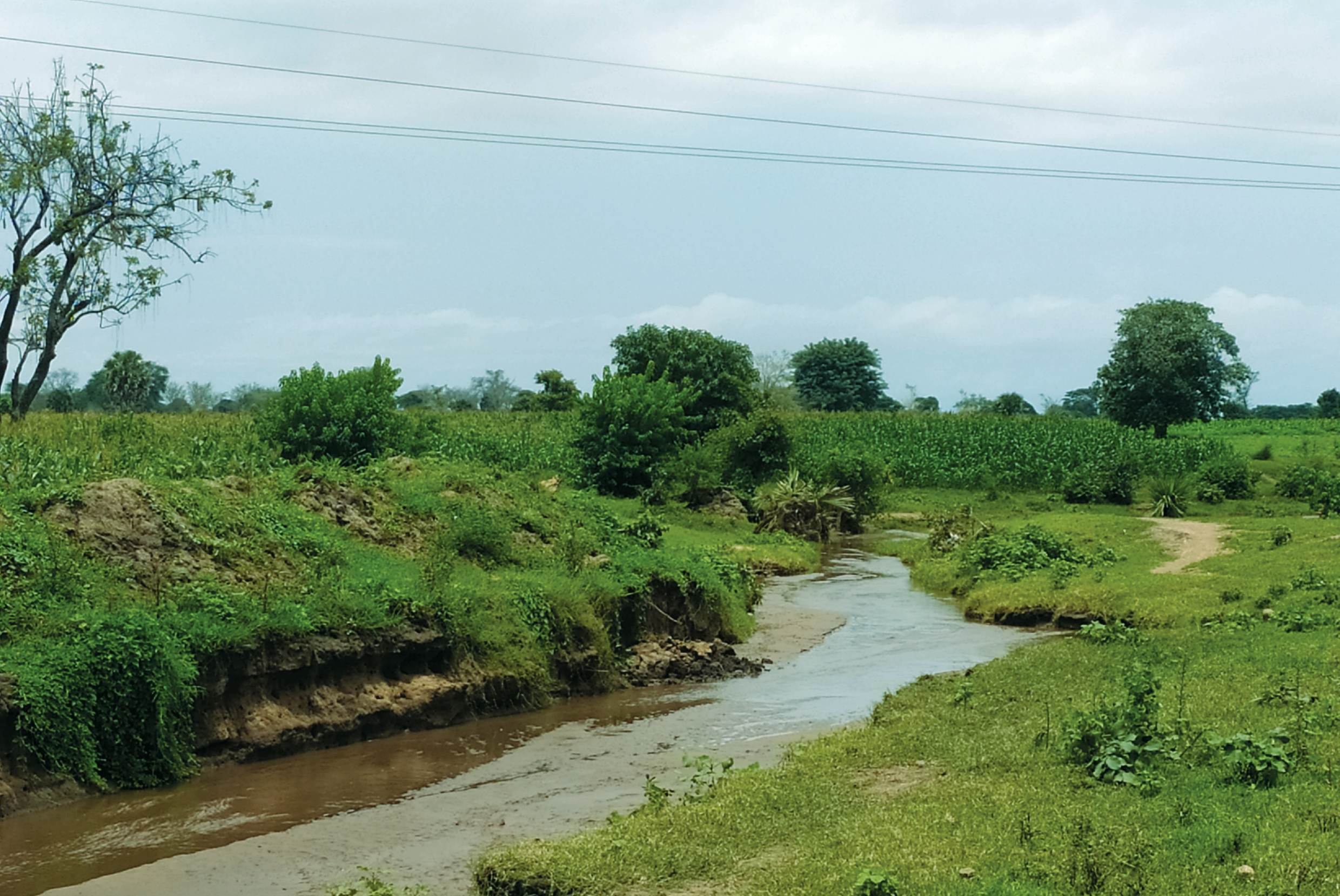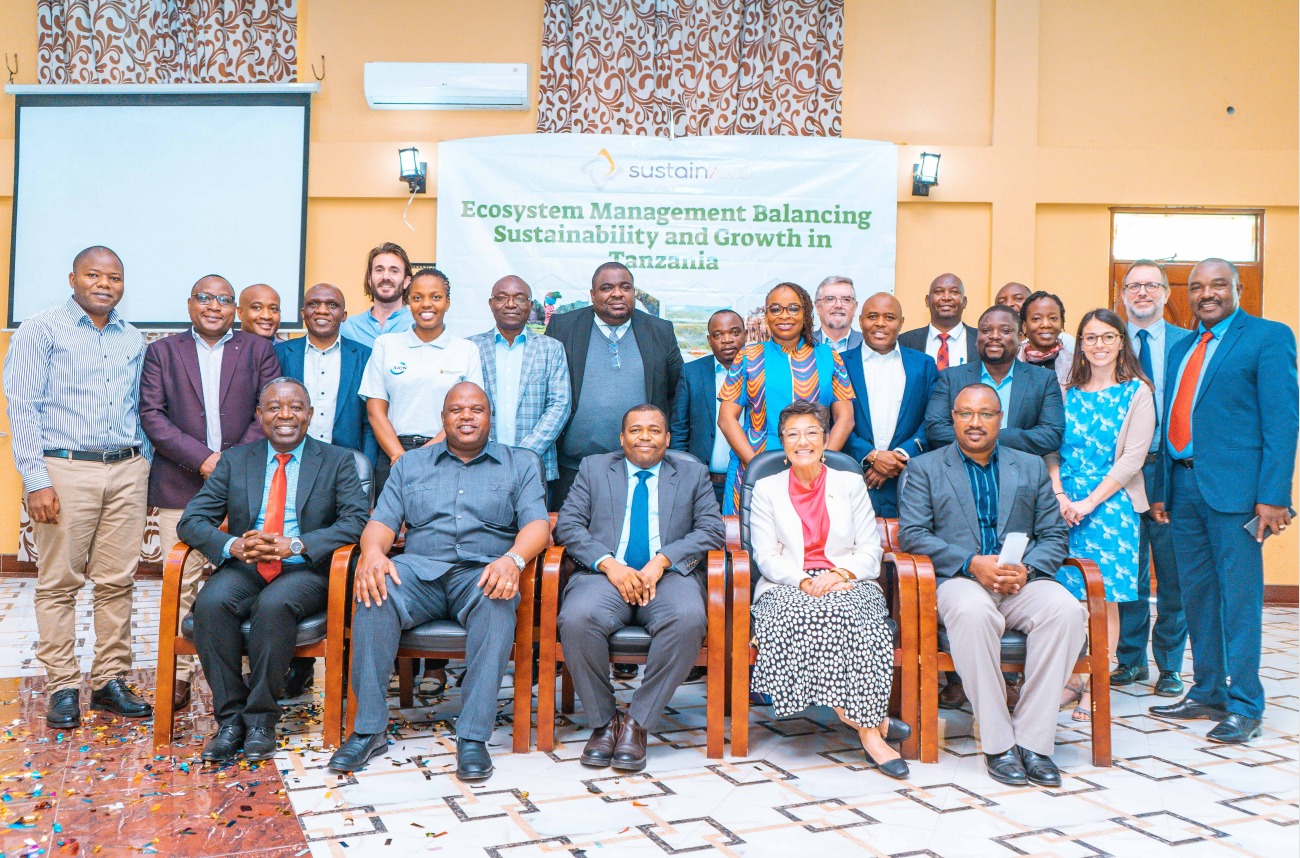Identification, prioritisation and validation of restoration interventions
A community-driven and inclusive process was informed by Indigenous Peoples and technical knowledge and best practices on sustainable management of natural resources.
The TRI United Republic of Tanzania project is preparing a full launch of crucial restoration activities.
The ROAs were implemented in 18 wards selected from seven district councils in February and March 2022. Rather than hiring consultants with limited local context to undertake the ROAs, the TRI project in the United Republic of Tanzania engaged ROA experts to train district experts as enumerators for the ROA studies. The participation of these experts ensured a smooth operation of the ROAs, especially related to planning, logistics and coordination of the data collection and analysis, and validation of ROA results. Data collected by enumerators established the design of locally relevant SLR interventions. Since ROAs are at the heart of FLR, a good understanding of the methodology ensures that district experts are better placed to facilitate the implementation of SLR interventions including in the provision of technical assistance to communities on the ground.
 Map of the seven project districts with potential areas for restoration.
Photo: IUCN Tanzania
Map of the seven project districts with potential areas for restoration.
Photo: IUCN Tanzania
The identification and validation of restoration interventions and sites took place in the Greater Ruaha and Lake Rukwa Basins, covering seven project districts, namely Iringa, Wanging’ombe, Mbarali, Mbeya, Sumbawanga, Mpimbwe and Tanganyika. The project landscapes are threatened by land degradation arising from unsustainable agriculture, overgrazing, deforestation, bushfires and unsustainable mining.
"Because of the alarming rate of degradation arising from unsustainable grazing and farming practices, our very livelihoods and environment are at risk. We are hopeful that this project will help our efforts to restore our environment and enhance agricultural productivity and household income through the implementation of identified restoration activities," said Grace Udoba, beneficiary, Majimoto-Mpimbwe District.
Widespread landscape degradation across project sites has created a high demand for the TRI project to target all wards in the implementation of SLR interventions. However, given resource constraints, the project can only operate in selected priority areas. Project beneficiaries and SLR actors convened to prioritize potential areas where the project could intervene using a set of criteria, including availability of land for the implementation of restoration and the potential for biodiversity conservation. The approach ensured that project interventions are directed to the wards most in need of the project efforts, to maximize on-ground impact.
Restoration of degraded lands presents opportunities for achieving conservation and socioeconomic benefits. Restoring and conserving local forests has the potential to unlock carbon finance, which can help fund social services and conservation initiatives in community forests. – Stephen Mhapa, Council Chair, Iringa District Council
Validation of ROA results was critical for the project to verify the recommended restoration interventions and sites to align with the local socioeconomic and biophysical context. Validation was conducted in July and August 2022 at three governance levels: basin, district ward and village level. To address sectoral interests, restoration objectives were agreed upon to ensure that prioritized SLR interventions have the potential to achieve multiple policy (sectoral) objectives and benefit the broader spectrum of stakeholders. In this way, communities and SLR actors rallied around the strategic restoration objectives, thus minimizing the dominance of sectoral interests and preferences in the prioritization of interventions. This process enhanced stakeholder understanding and ownership of the project interventions, and security political buy-in and support for restoration.
 Discussion between the council chair, council for project wards and the project team from the national and district level during a site visit in the project area of Mpimbwe District.
Photo: IUCN Tanzania
Discussion between the council chair, council for project wards and the project team from the national and district level during a site visit in the project area of Mpimbwe District.
Photo: IUCN Tanzania
Communities and SLR actors identified existing best practices (e.g. forest management for carbon trading, integrated water resources management and sustainable agriculture) in the project sites that could be synergized and scaled out (or up) to other areas within and outside the project geography. The presence of land-use and natural resource conflicts threatens the sustainability and effectiveness of restoration interventions. To ensure sustainability of the priority SLR interventions, the project has rolled out the execution of foundational activities such as land-use planning. The project engaged the National Land-Use Planning Commission to undertake village land-use planning starting with 15 out of 38 villages. This process will help address land-use and natural resource-use conflicts, and will catalyse zoning the areas for different land uses that are compatible to restoration.
“I am confident that prioritized restoration interventions will help address landscape degradation in the target districts. I urge communities to participate effectively in the implementation, as they did during the identification of the restoration interventions. District governments and SLR actors should ensure that the project has an impact on the ground and achieves the intended project restoration objectives.” – Dr Selemani S. Jaffo (MP), Minister of State, Vice-President’s Office
Projects often struggle with capacity issues, desire to cover vast geographies (risking spreading too thin), as well as addressing conflicting and competing stakeholder interests and leveraging existing best practices in the design of interventions. These experiences will help programme designers, managers and funders navigate through the challenges to ensure the design and prioritization of priority interventions and sites.
“As a technical partner, IUCN will equip project beneficiaries with relevant skills on restoration practices, technologies and tools to ensure that restoration actions are well implemented and deliver multiple benefits in terms of biodiversity conservation and livelihood improvement.” – Doyi Mazenzele, Technical Adviser, IUCN Tanzania, Technical Partner
Going into 2023, the TRI project in the United Republic of Tanzania will expand upon the established nurseries, funding distribution and a national restoration working group to further achieve restoration aims. Implementation is well underway, and the TRI project in the United Republic of Tanzania looks forward to continuing to learn from fellow project implementers across TRI global projects to exchange lessons learned.
This story is from TRI Year in Review 2022



